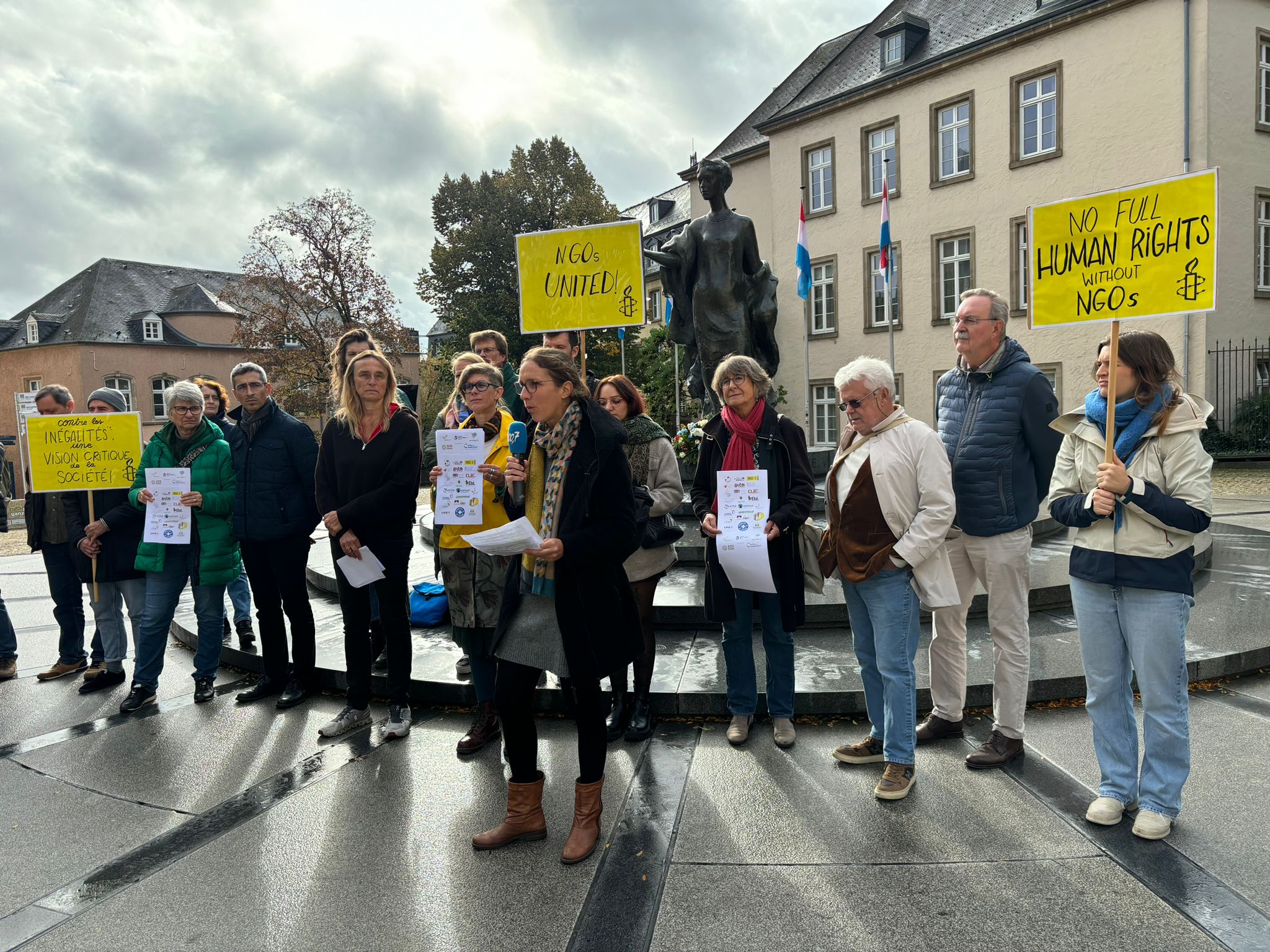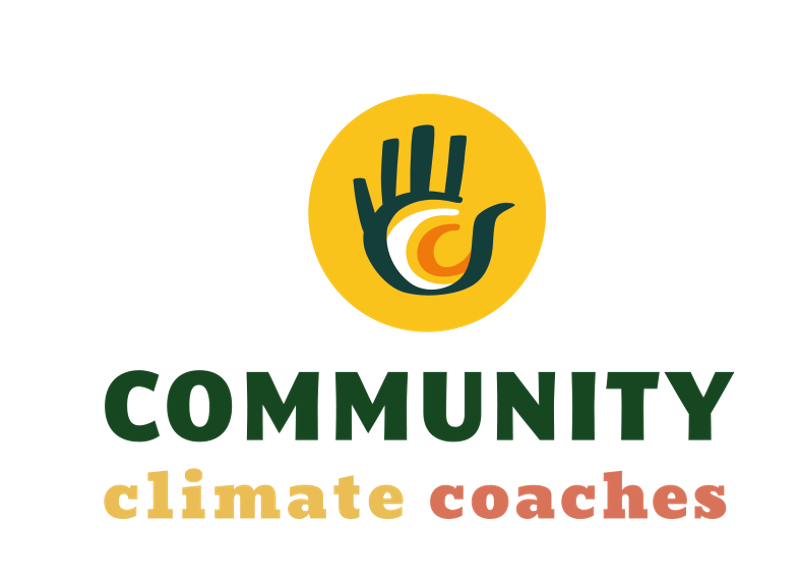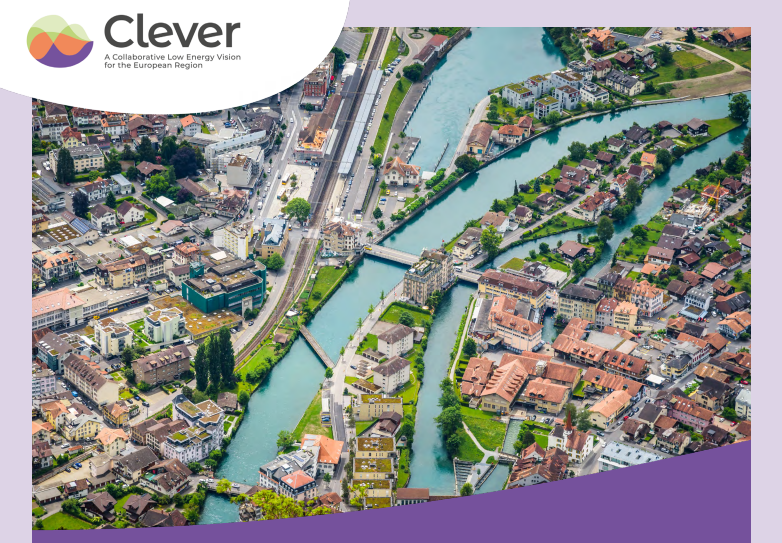Civil society organizations, a counterweight to a living democracy
7 min reading
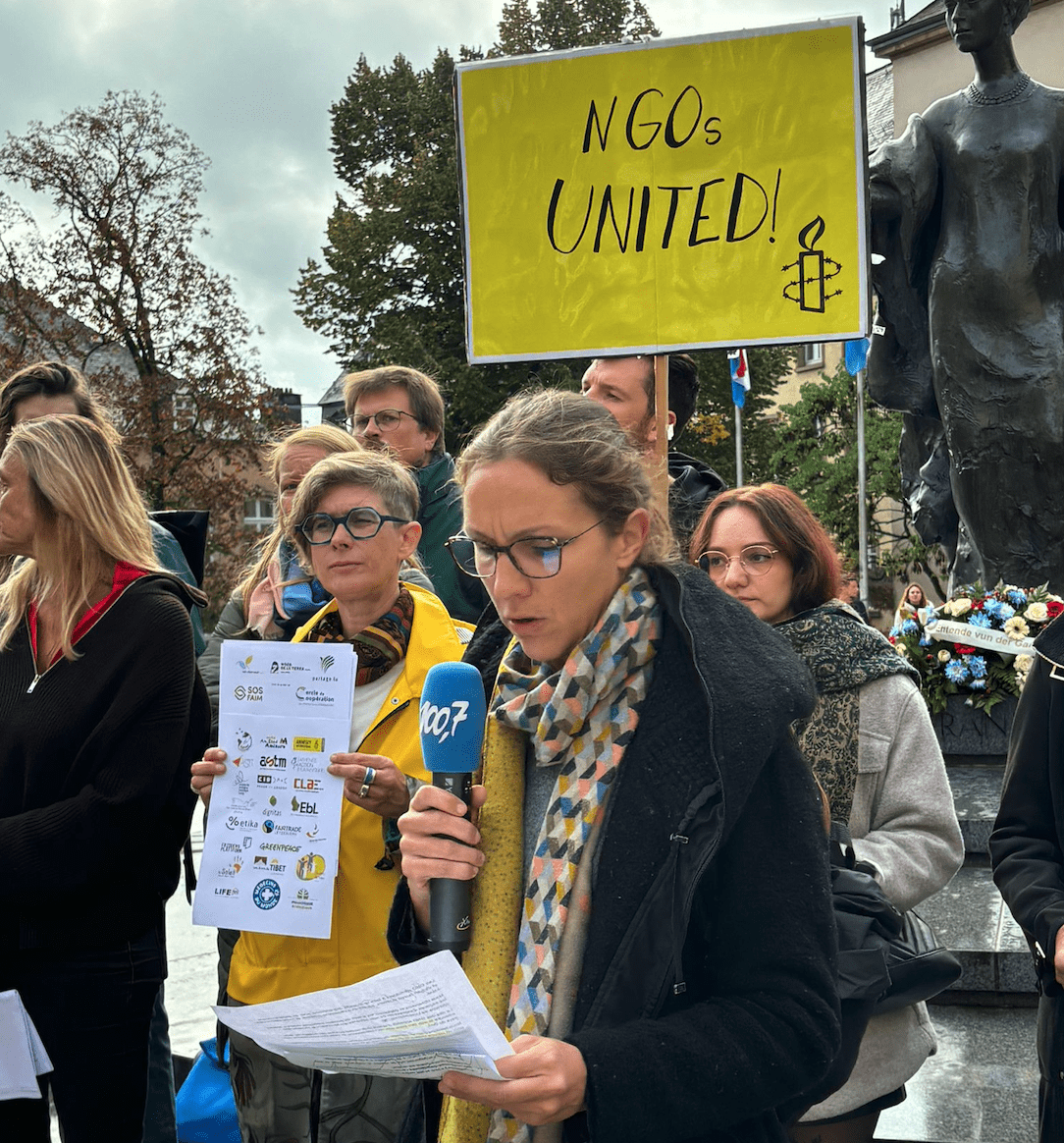
We, civil society organizations (hereinafter referred to as NGOs) - environmental and international solidarity associations, actors committed to social justice and human rights - express our deep concern about the government's policy towards NGOs in general, and the management of the Caritas Foundation's situation in particular. We also express our solidarity with the beneficiaries and employees of Caritas. We also express our solidarity with the beneficiaries and employees of Caritas. (*)
Independent organizations serving the public interest
The challenges facing our society, such as the ecological crisis, the crisis of welcoming migrants and the fight against poverty, are enormous. Our society will only be able to meet these challenges if a wide-ranging public debate is ensured, guaranteeing that the perspectives of all stakeholders are taken into account. Allowing a diversity of views and arguments is a sine qua non for a policy that is equal to the challenges and meets the needs of the population as a whole.
However, by reducing the role of NGOs to that of mere "service providers", the government is weakening rather than strengthening civil society, the keystone of democracy, at a time when it is under attack from all sides. The role of civil society as a vector for political debate on the development of society seems to be seen as disruptive, while the NGOs are the yeast in the dough of a living democracy and society.
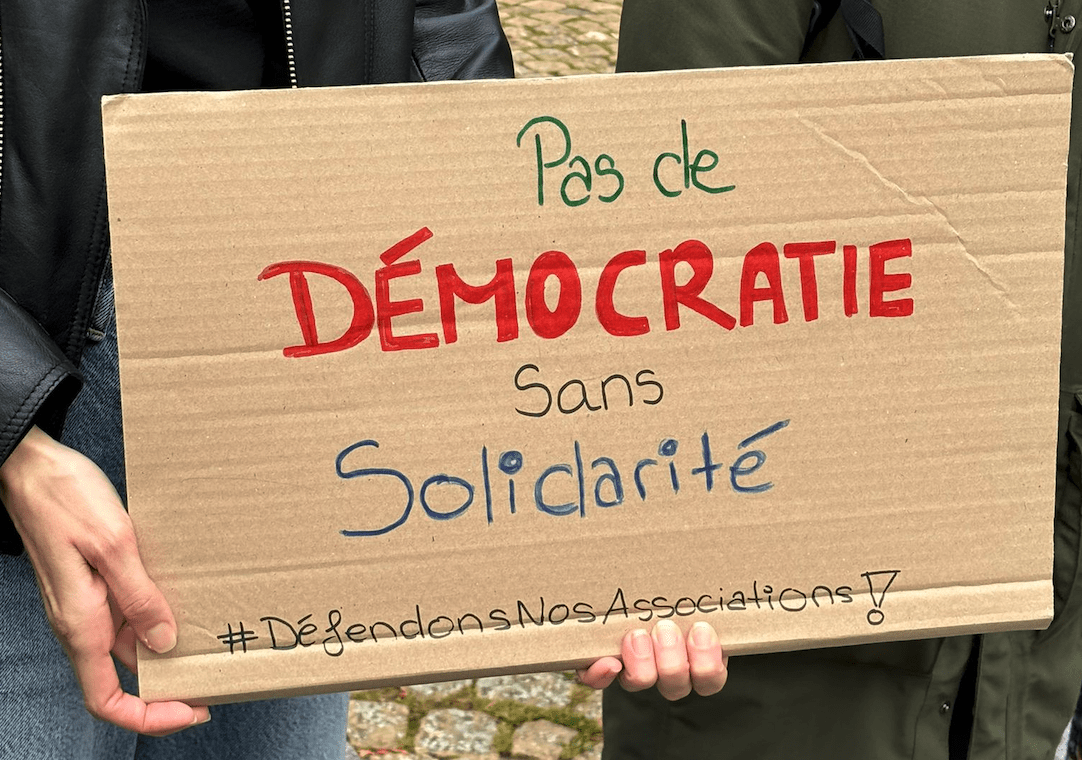
Without the voluntary and professional work of hundreds, if not thousands, of people in NGOs, our society would be much poorer, both in terms of civil society participation, and in the implementation of a large number of activities and services. In fact, Luxembourg's NGOs implement a multitude of activities in the public interest in the social, environmental, economic and cultural sectors. This commitment deserves not only financial, but also political support. from the state. Unfortunately, instead of supporting and encouraging this commitment, the government seems to be opting for the opposite. The way in which the Caritas dossier is being handled, and in particular the fact that the political aspect of their action is being ignored, is a perfect illustration of this.
We are witnessing a tendency on the part of institutions to discredit NGOs, in favor of economic players whose role and modus operandi would be considered more virtuous - and the Caritas dossier is, once again, an excellent example of this. In this way, the executive neglects NGOs' expertise in social and ecological innovation, as well as the ethics that prevail in their financial management. The role of NGOs as a counterweight is one of the most important democratic safeguardsWe're concerned about the risk of it waning.
This ideological bias is reflected in many other issues with which the signatory NGOs are regularly confronted, whether in terms of a virtually non-existent or even underdeveloped dialogue, or in the questioning of NGO funding methods.
Partners with a strong voice in public debate
Our organizations note a growing lack of listening and dialogue from a government increasingly inclined to reduce civil society players, their critical voices and their experience, to mere service providers. NGOs have played a pioneering role in many fields leading innovative projects that have subsequently guided legal frameworks and operational arrangements. We believe that the expertise of civil society deserves greater consideration, and that NGOs are in a position to contribute to imagine and create a more egalitarian, ecological and just society. The future of a society must not be in the hands of institutionalized and economic power alone. To do so would be to neglect the heritages, know-how, commitments and convictions that are part and parcel of a history and a culture. human heritage and citizen, and which cannot be reflected in simple spreadsheets.
Civil society in Luxembourg is a credible partner, a vector of balance, a guarantor of a critical spirit, and a means of representing the interests of its citizens. plurality of opinion and ways of being. It allows the voices of the voiceless to be heard, the voices of those who stand outside the dominant representations of society, on the margins of a global market economy that has become synonymous with environmental destruction, inequality, exclusion, deregulation and more. Allowing everyone to express themselves is the guarantee of political pluralism and a healthy democracy. We plead for a shared public space, for political advocacy, for an open and diverse civic and citizen space that enables political expression and the fight against injustice.
We call on all stakeholders to re-evaluate their priorities and re-establish a balance of power. constructive dialogue with civil society players (civil society conferences, public debate with the chamber and the government, etc.). It is imperative that we work together to guarantee the fundamental values of justice, sobriety, solidarity and social inclusionle. Today more than ever, we must defend these principles to ensure a fair and equitable future for all.
(*) Our organizations have accumulated many years of experience and commitment to societal change. Our mission is to repairing the damaged fabric of the world in which we live: repairing nature, linking human beings to their environment, responding to injustice suffered through centuries of slavery, colonization and exploitation, anxiety and discrimination, nationalist ideologies, social class struggles, and a globalization that is above all unequal and violent. Our mission is to thinking about the future of our societiesof the world we live in. We are not managers, but men and women, collectives inhabited by the idea that the oppositions constructed by the modern world and its logic of profitability create injustices and imbalances that threaten the way in which we can all live together on our planet and organize our societies in a fair, just and sustainable way.
List of signatories
- Abram asbl
- Amitié Am Sand-Amizero NGO
- Amnesty International Luxembourg
- ASTI
- ASTM
- Athénée - Humanitarian action
- CELL - Citizens for Ecological Learning and Living
- CID Fraen an Gender
- CLAE
- Committee for a Just Peace in the Middle East North-South Cooperation
- Dignitas asbl
- Greenpeace
- Ëmweltberodung Lëtzebuerg a.s.b.l.
- Children of Hope
- etika
- Fairtrade Lëtzebuerg
- FDH
- Frëndeskrees Kamerun
- Friddens- a Solidaritéitsplalorm
- Le Soleil dans la Main Les Amis de Pirajà
- Friends of Tibet LIFE WG
- Médecins du Monde
- Ecological Movement
- natur&ëmwelt a.s.b.l.
- Niños de la Tierra a.s.b.l.
- partage.lu
- Rokku Mi Rokka
- Solidaritéit mat den Heescherten
- SOS Faim
with the support of the Cercle de coopération des ONGD
84676 vues
0 comments




